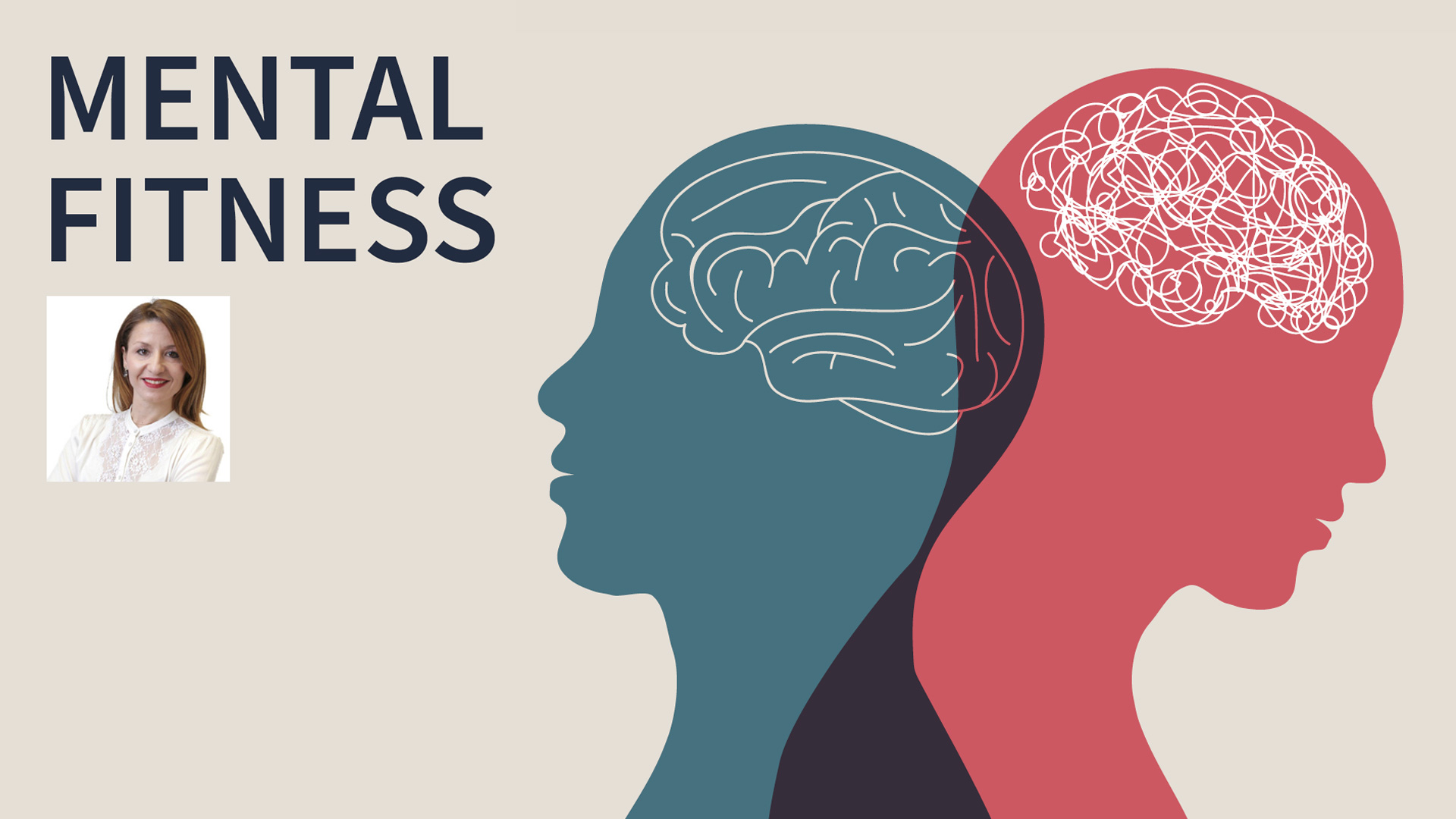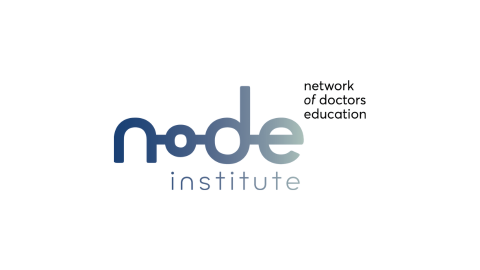An article for IAPCO, by Sissi Lignou, CEO AFEA
“Health is the greatest of human blessings” according to Hippocrates. Who could disagree with such a statement, especially in these critical times that the world health is facing today. Physical and mental health have definitely become the protagonists of our priorities, on both the personal as well as the professional environment, and the importance of work-life balance is absolutely trending.
Our ancestors had identified the importance of having a balanced and healthy body and spirit and have specifically preached on the value of mental health, so why should we act any differently? The benefits of exercise on our physical health are widely known and constantly highlighted.
But what about mental fitness and brain health? How important is it to train our mind and care for the body-mind connection?
‘’We can only achieve mental fitness if our body is functioning well.’’
Socrates, the great philosopher said, “I call myself a peaceful warrior, because the battles we fight are on the inside”. I could not agree more. The battles of our daily life, especially in times of crisis, are multiple and sometimes very difficult to manage. Overthinking and multi-tasking, the absolute trends of our times, do not make things easier when it comes to managing challenges. The actual battles, however, first come from the heart and the mind and their management can be influenced by the way we react to them. A good brain health, a state in which every inpidual can realize their own abilities and optimise their cognitive, emotional, psychological and behavioural functioning to cope with life situations, is a necessity in these circumstances. It can even be a catalyst in the decision-making process on how to deal with the challenge effectively.
According to Wikipedia “Mental Fitness is defined as a state of well-being and having a positive sense of how we feel, think, and act”.
The pandemic had a very negative impact on people’s mental health, as stress, fear, anxiety and the feeling of insecurity began to dominate. Consequently, the role and contribution of mental fitness to a healthy and balanced life is now more than ever in the frontline, as important (in some cases more important) as physical fitness and should not be neglected.
Mental fitness can be achieved through various exercises and practices, based on a number of components, such as that of the emotional, social, financial and physical. Starting from self-acceptance and resilience, friendship and a happy social life, then moving swiftly into a healthy lifestyle with careful nutrition, slowing-down on one’s daily routine and embracing decompression, exercise and meditation.
Taking steps to build your mental fitness enhances our ability to cope with stress and improves our physical health, productivity at work, relationships, and overall lifestyle. We can only achieve mental fitness if our body is functioning well.
Source: IAPCO The PCO May 2021




